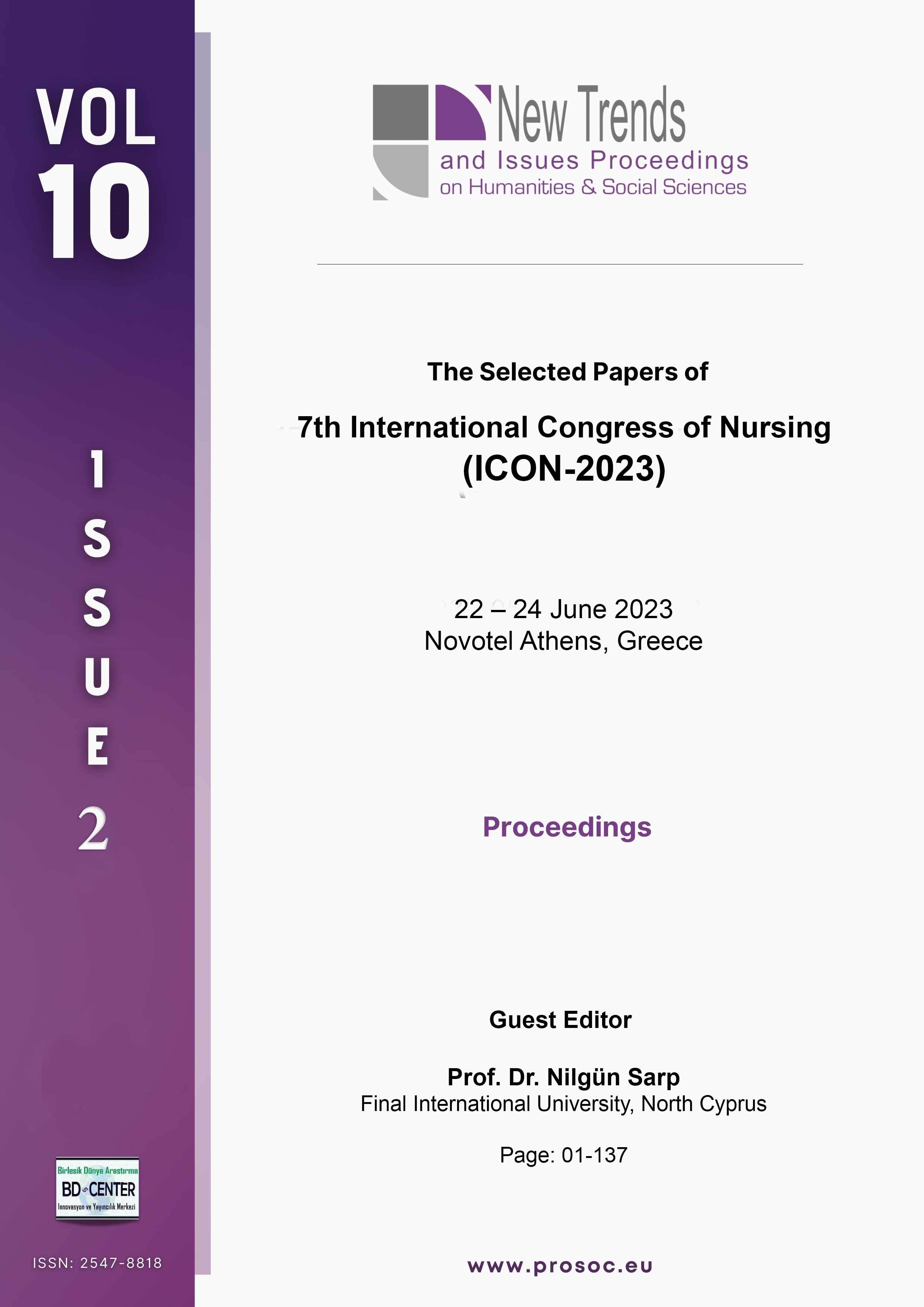The relationship between quality of life and dietary fluid restriction non-adherence in hemodialysis patient
Main Article Content
Abstract
Hemodialysis is now the preferred method in the treatment of kidney failure. Patients who do not adhere to the diet during hemodialysis may experience negative changes in fluid-electrolyte balance. This study aimed to investigate the relationship between restricted fluid intake and the quality of life of hemodialysis patients in our country. The study was conducted with 186 hemodialysis patients, treated as outpatients in the hemodialysis unit of a university hospital in Samsun and as inpatients in the nephrology clinic. Data were collected using a questionnaire that included 23 questions on patients' sociodemographic and clinical characteristics, the SF-36 Short Quality of Life Scale, and the Dialysis Diet and Fluid Restriction Nonadherence Questionnaire. Kruskal-Wallis and Mann-Whitney U tests were used for analysis of quantitative data while Spearman correlation coefficient was used for correlation analysis. In line with the evidence obtained, it was established that there was a negative correlation between the status of non-compliance to dialysis diet and fluid restriction and the quality of life of individuals on hemodialysis treatment.
Keywords: Diet; hemodialysis; fluid restriction; quality of life.
Downloads
Article Details
- Authors retain copyright and grant the journal right of first publication with the work simultaneously licensed under a Creative Commons Attribution License that allows others to share the work with an acknowledgement of the work's authorship and initial publication in this journal.
- Authors are able to enter into separate, additional contractual arrangements for the non-exclusive distribution of the journal's published version of the work (e.g., post it to an institutional repository or publish it in a book), with an acknowledgement of its initial publication in this journal.
- Authors are permitted and encouraged to post their work online (e.g., in institutional repositories or on their website) prior to and during the submission process, as it can lead to productive exchanges, as well as earlier and greater citation of published work (See The Effect of Open Access).
